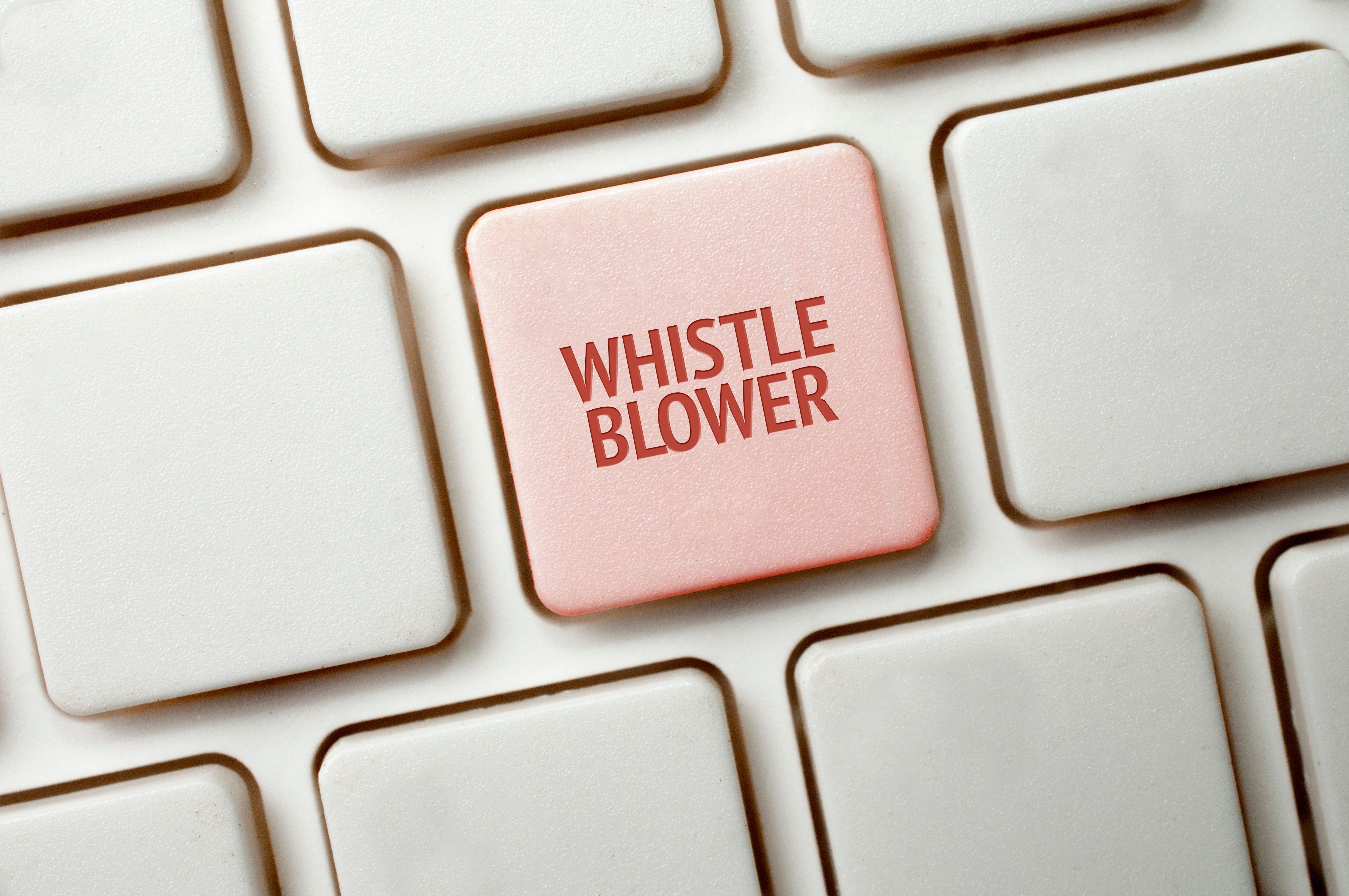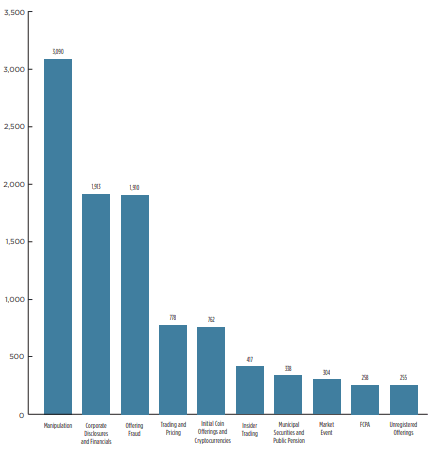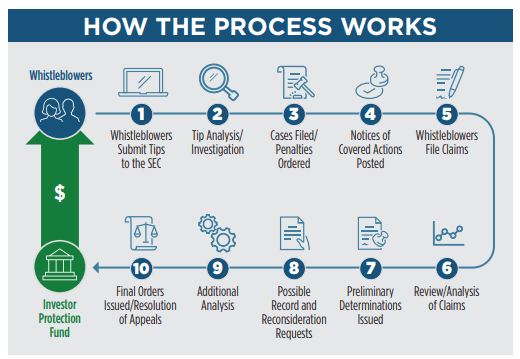
What Is a Whistleblower? How Are They Protected?
Tattle-tale. Rat. Traitor. Informant. Snitch. Spy.
These are just some of the words people use to describe whistleblowers, and they're wrong by all accounts of the actual definition. A whistleblower isn't any of these synonyms.
A whistleblower is essential in holding management, businesses, and government agencies accountable for their actions and negligence. Continue reading to learn more about whistleblowers and how OSHA works to protect these individuals from retaliation.
The Definition of a Whistleblower
A whistleblower is someone who speaks up about unsafe working conditions and other workplace issues for all employees.

In 2021, whistleblowers played a vital role in the success of businesses and assists the Department of Justice enforce safety codes. Without whistleblowers, work conditions would deteriorate, and many employees would suffer physical, emotional, mental, and financial harm.
Because whistleblowers seek to protect their fellow employees, upper management doesn't like these individuals. When someone reports unsafe working conditions to OSHA, the company goes under incredible scrutiny, which can often result in retaliation against the employer.
How Does OSHA Protect Whistleblowers?
OSHA understands that when people expose their companies, politicians, and businesses due to unsafe conditions and wages, they isolate themselves and become a target for retaliation.
Because a business and powerful individuals have more contacts and connections, OSHA must step in to protect the whistleblower from retaliation. Various forms of retaliation, according to the US Department of Labor, include:
· Firing or laying off,
· Demoting,
· Denying overtime or promotion,
· Denying benefits,
· Intimidation or harassment,
· More subtle actions, such as isolating, ostracizing, mocking, or falsely accusing the employee of poor performance,
· And many more. All of these recourses in response to a whistleblower are illegal. Therefore, the US Consumer Product Safety Commission implemented the Whistleblower Protection Act (WPA) and Whistleblower Protection Enhancement Act (WPEA). The United States government uses these whistleblower protections to ensure that whistleblowers don't suffer any retaliation for their actions.
How to File a Complaint
If you notice certain workplace conditions, behaviors, policies, and wages are below industry standards and don't meet OSHA standards, you may want to file a complaint.
Additionally, you can file a complaint if you believe your superiors retaliated against you following your whistleblowing. In either case, following these steps is best to protect your job, future, and family.

